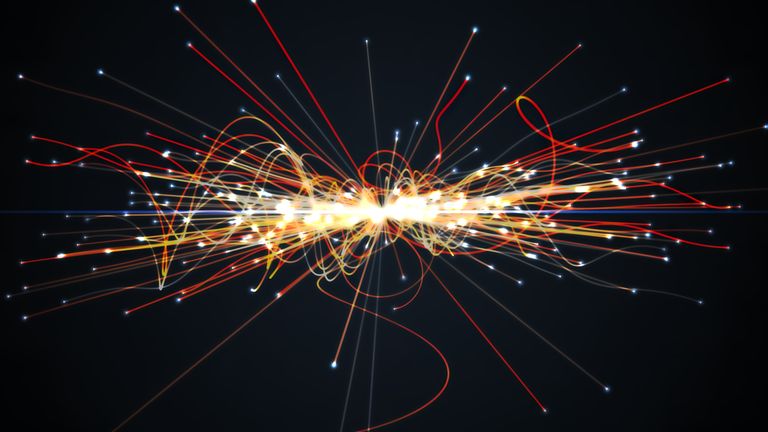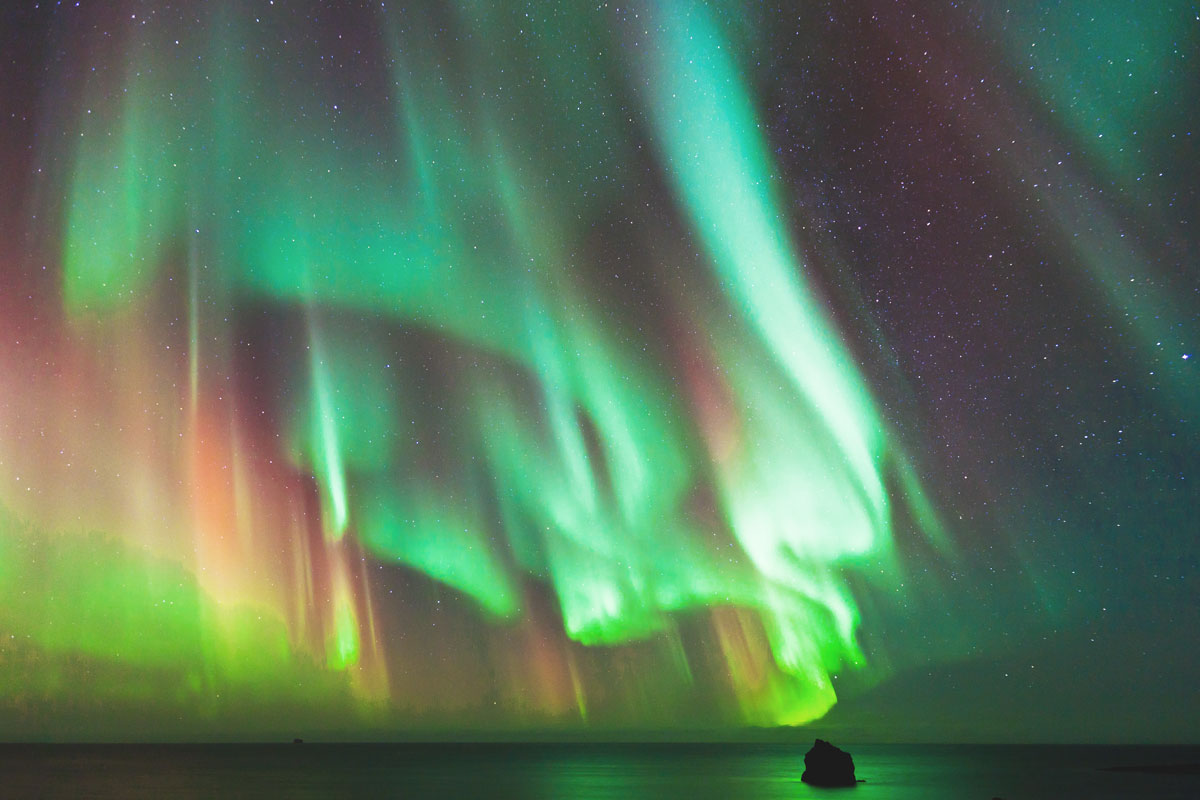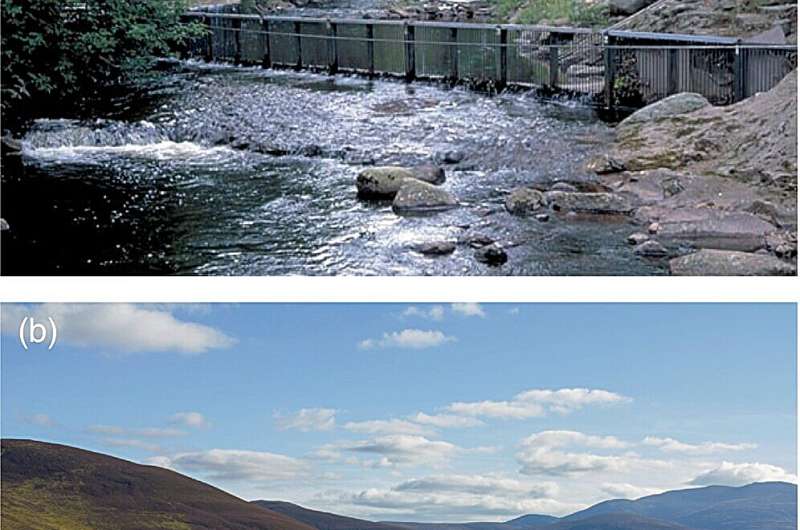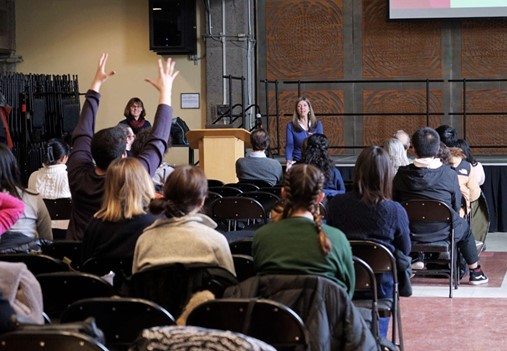This week-long event, occurring once a semester, highlights research taking place on campus. This semester’s showcase included topics across disciplines, ranging from quantum meta-photonics to optogenetic stimulation in roundworms. The popular series allows students to get a broad taste of the research opportunities available to them at McGill.
#SCIENCE #English #CA
Read more at McGill Reporter
SCIENCE
News in English

Tuberculosis remains world''s second-deadliest infectious disease 03:38 SCIENCE FRANCE 24 March 24 marks World TB Day. Decades later, an antibiotic was developed to treat patients with tuberculoses.
#SCIENCE #English #BW
Read more at FRANCE 24 English
#SCIENCE #English #BW
Read more at FRANCE 24 English

The Search for Hidden Particles (SHiP) experiment is an international collaboration between 54 institutes over 18 countries. It will see a proton beam used to hit a fixed target and produce a variety of particles - far more than current methods have been able to. Scientists hope hidden particles will then be found in within the mix.
#SCIENCE #English #AU
Read more at Sky News
#SCIENCE #English #AU
Read more at Sky News

The World Health Organization has developed a strategy to reduce TB deaths by 95% by 2035. Effective tuberculosis treatment has been available for decades. In poor countries the vicious cycle of poverty and disease makes it difficult to eliminate TB. Poverty leads to poor health and unemployment.
#SCIENCE #English #AU
Read more at Medical Xpress
#SCIENCE #English #AU
Read more at Medical Xpress

Scientists expect the auroras to be visible tonight (25 March) and into the early hours of tomorrow (26 March) The best time for viewing is typically during the darkest hours of the night, from around 11:00pm – 12:00am. For those in the UK, Dr. Paul Strm recommends AuroraWatch UK. The aurora borealis – the northern lights – could be visible across the US.
#SCIENCE #English #AU
Read more at BBC Science Focus Magazine
#SCIENCE #English #AU
Read more at BBC Science Focus Magazine

This article has been reviewed according to Science X's editorial process and policies. The fish traps on the lower Girnock are located c.1 km upstream of the confluence with the River Dee. Upper catchment some 5 km downstream of the traps where the channel provides juvenile and spawning habitat. This is a landmark paper in understanding these changes to date.
#SCIENCE #English #AU
Read more at Phys.org
#SCIENCE #English #AU
Read more at Phys.org

Aristotle Believed the Universe Is Static Diagram of the Big Bang. This theory was first proposed in 1927 by physicist Georges Lemaître. The theory is incomplete, but it is used by scientists to explain the dynamic state of the cosmos.
#SCIENCE #English #AU
Read more at The Collector
#SCIENCE #English #AU
Read more at The Collector

Martin MacInnes is the author of In Ascension, the latest pick for the New Scientist Book Club. It’s about the story of a young Dutch marine biologist, Leigh, from her childhood to her adventures among the stars. But just because it’s science fiction, it doesn’t limit it in any way. I’m really against the ghettoising of fiction into climate change fiction, because that’s the world we’re living through.
#SCIENCE #English #AU
Read more at New Scientist
#SCIENCE #English #AU
Read more at New Scientist

if you change your frame of reference and squint a little bit, the number goes up even higher. Let’s say there’s a second object, such as an asteroid, in orbit around the star. From our outside point of view, we see them both going around the planet. It’s quite elliptical, taking it nearly 75 million kilometers farther from Earth than Earth.
#SCIENCE #English #NZ
Read more at Deccan Herald
#SCIENCE #English #NZ
Read more at Deccan Herald

Curtin University is the largest university in Western Australia, with more than 50,000 students. It will provide 22,111sq m of academic floor space, including teaching laboratories, research facilities, and the WA School of Mines. Once complete, it will accommodate 1542 people.
#SCIENCE #English #NZ
Read more at The Urban Developer
#SCIENCE #English #NZ
Read more at The Urban Developer
